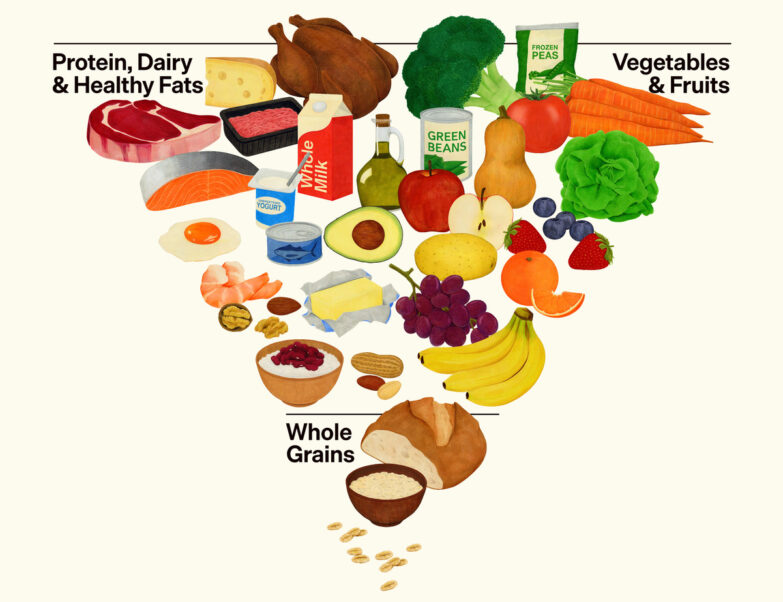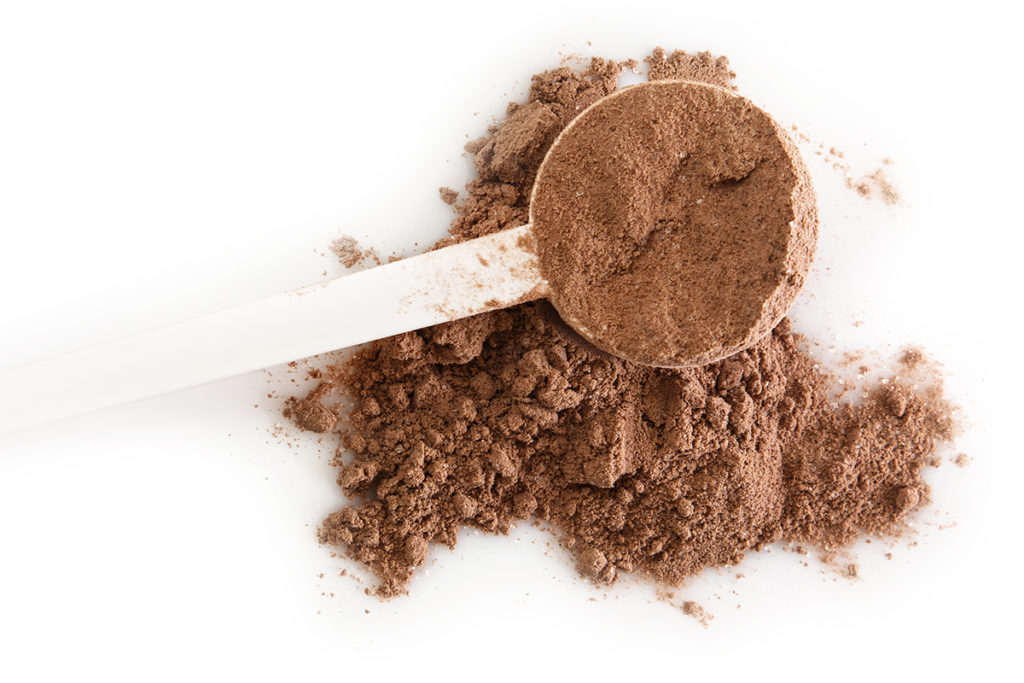The Lowdown on Industry-Funded Research
Does industry-sponsored research do more harm than good?

You don’t have to search very hard to find nutrition-focused research papers partially funded by companies that stand to benefit from the study subject being painted in a good light. For instance, a recent study in the Journal of Nutrition found that older adults who consumed hazelnuts daily (57 grams per day) for 4 months showed significantly improved vitamin E and magnesium levels, which may lower the risk of age-related health problems. That paper lists the Hazelnut Marketing Board of Oregon as a financial backer of the research, which is relevant because the vast majority of U.S. hazelnuts hail from Oregon.
You may have seen press coverage of a Purdue University study reporting that people who follow a Mediterranean-style diet that includes an average of 3 ounces daily of lean, unprocessed red meat experienced improvements in cholesterol numbers and other markers of heart health. The National Cattlemen’s Beef Association was among many with an interest in the beef industry that handed over cash for that study.
The Cherry Marketing Institute funded a study that appeared in the European Journal of Sport Science showing that active women who drank Montmorency tart cherry juice twice a day for 8 days reported improved muscle recovery after their workouts.
Researchers argue that industry funding does not influence the design and results of well-planned studies and that this source of money allows for research that otherwise would cost too much to perform. But critics counter that industry-sponsored nutrition research is indeed much more likely to find a benefit or lack of harm, as was the case with soda industry–funded studies for the sponsors’ products, discussed in JAMA Internal Medicine in 2016.
Matthew Kadey, MS, RD
Matthew Kadey, MS, RD, is a James Beard Award–winning food journalist, dietitian and author of the cookbook Rocket Fuel: Power-Packed Food for Sport + Adventure (VeloPress 2016). He has written for dozens of magazines, including Runner’s World, Men’s Health, Shape, Men’s Fitness and Muscle and Fitness.





